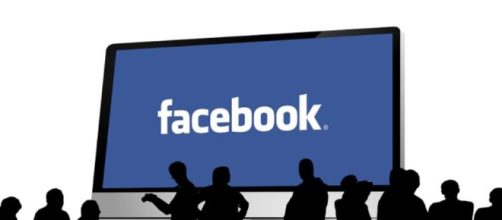During the most recent presidential election in 2016, a lot of voters felt somewhat duped after the polls closed and they realized that a large number of Fake News Sites popped up to sway votes and tamper with one of America's most passionate pastimes: politics. Love it or hate it, mainstream media is one of the biggest sources of coverage when it comes to an election, especially that of the highest office in the country.
The rise of Facebook fake news
The previous election was special in that one of the front-runners for the Republican candidate, Donald Trump, practically built his platform around the fact that mainstream media spreads false information, things that were taken out of context in one way or another, and, you guessed it, fake news.
The passion that he displayed and his convincing tone that resonated with voters across the board ultimately lead Americans to seek alternatives to news outlets like Fox News, MSNBC, and CNN, which was one of Trump's main targets throughout his campaign and still to this day.
With the booming demand for more news outlets came a surge of fake news sites - almost as if Trump spoke them into existence. Social media was the fake news creator's dream, especially sites like Facebook, Instagram, which Facebook owns, and Twitter, where sharing any and everything happens like wildfire, either because people feel that there's an important message that they think everyone should know about or just because they want the likes, shares, and followers.
Where the ads played their part
With all of its many, always prevalent ads, Facebook was slammed by critics across the nation for its lack of responsibility in vetting its advertisers with the type of scrutiny that they should have been. To rectify this, Mark Zuckerberg posted on Facebook stating that the company would allow "Issue ads" for advertisers to post politically related ads during an election, however, the ads could not endorse any one candidate that was running for office over the other.
Facebook released information to state that they had recently removed as many as 270 accounts that were established in Russia - accounts whose sole purpose was to spread false information to American voters during the 2016 election season.
Not only did they spread false information, but the fake news sites were noted for supporting the Trump campaign and pumping fiction into the election left and right.
Even still, the Facebook CEO knows that there's only so much that they can disallow in the wake of coming election season. “These steps by themselves won’t stop all people trying to game the system,” Zuckerberg stated in his Facebook post. “But they will make it a lot harder for anyone to do what the Russians did during the 2016 election and use fake accounts and pages to run ads.”


